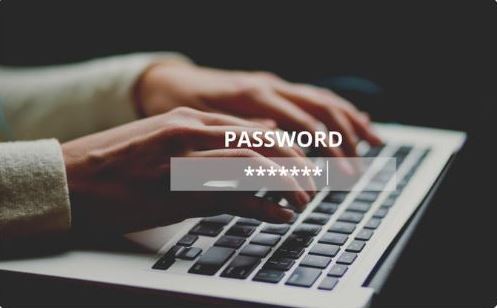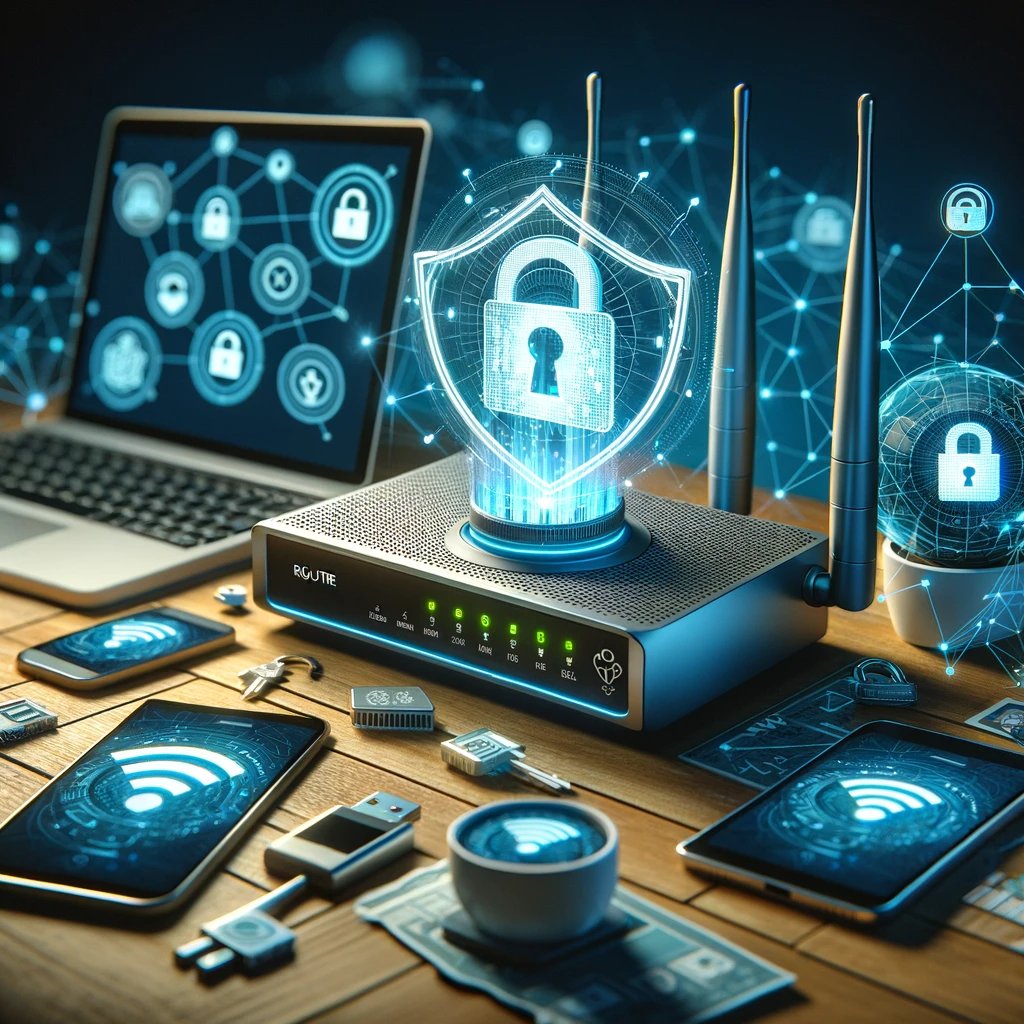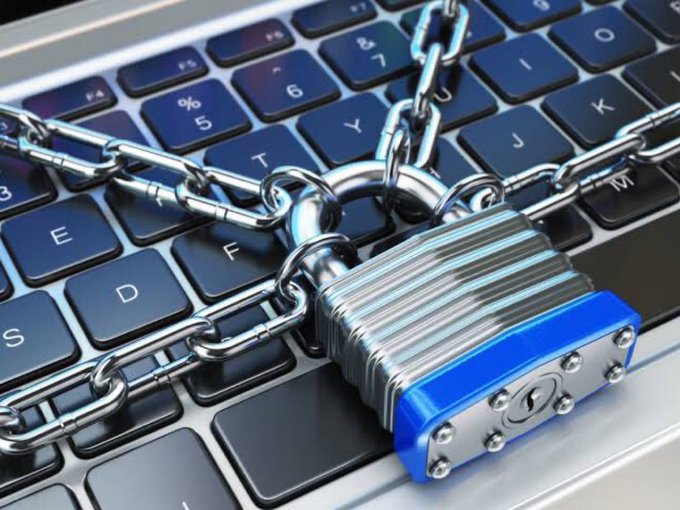Online Security: Your Essential Guide to Keeping Your Stuff Safe Online .The internet is amazing! It connects us with friends and family all over the world, keeps us entertained, and even helps us manage our money. But with all this convenience comes a risk: our online accounts are treasure troves of personal information, and hackers are always looking for ways to break in.
Don’t worry, though! This guide will teach you all about online security. Online security is like putting a shield around your digital stuff to keep it safe from bad guys. By following a few simple steps, you can transform your online accounts from flimsy tents into impenetrable fortresses!
5 Easy Steps to Get Online Security For Your Accounts
The internet is awesome! It lets us chat with friends, watch funny videos, and even shop for groceries. But just like your house needs a lock on the door, your online accounts need protection too. Hackers are like sneaky thieves who might try to steal your information. Don’t worry, though! Securing your accounts is easier than you think. Here are 5 super important steps to keep your online stuff safe:
1. Super Strong Passwords
Think of your password as the key to your online treasure chest. A weak password is like a rusty old lock – easy to pick! Here’s how to make super strong passwords that even the trickiest hacker wouldn’t be able to guess:
- No Easy Peasy Answers: Don’t use birthdays, pet names, or anything someone could figure out quickly.
- Mix it Up: Use a jumble of uppercase letters, lowercase letters, numbers, and symbols. The longer, the better – aim for at least 12 characters, like a secret code!
- One Password for Each Door: Don’t use the same key (password) for all your online stuff. If one door gets unlocked, the others stay safe!
2. Don’t Do Your Banking on the Public WiFi
Public Wi-Fi hotspots are convenient, offering internet access at cafes, airports, and even parks. But hold on! Public Wi-Fi can be risky, like swimming in an uncharted lake. You never know what lurks beneath the surface. Hackers can sometimes eavesdrop on unsecure public Wi-Fi networks, potentially stealing your personal information if you’re not careful.
Here’s how to stay safe on public Wi-Fi:
- Avoid Sensitive Activities: Public Wi-Fi isn’t ideal for activities that involve sensitive information, like online banking, checking emails with important documents, or making online purchases. It’s best to wait until you’re on a secure network at home.
- Use a VPN (Virtual Private Network): Think of a VPN as a secure tunnel for your data. It encrypts your information, making it much harder for hackers to steal even if they’re snooping on the network. There are many VPN services available, some free and some paid.
- Turn Off File Sharing: When you connect to a public network, it’s wise to disable file sharing on your device. This prevents other computers on the network from accessing your files.
Public Wi-Fi can be a helpful tool, but remember to use it cautiously. By following these tips, you can minimize the risks and enjoy the convenience of staying connected on the go!
3. Strengthen Your Defenses: Two Layers Are Better Than One
Imagine protecting your castle with only a single barrier. Now, imagine having a drawbridge, a heavy gate, and a guard dog! This additional security, called “multi-factor authentication” (MFA), provides similar protection. Even if someone discovers your password (the first layer), they’d still need another piece of information, like a code sent to your phone (the extra layer), to gain access. Always enable MFA whenever it’s available – it’s a simple step that significantly improves security.
4. Avoid Deceptive Tricks: Identify Phishing Attempts
Phishing emails are like cleverly disguised lures cast by online tricksters. They might appear to be from a real company you trust, urging you to click a link or download an attachment with promises of great deals or urgent action. But before you take the bait, take a moment to sniff it out!
Here’s how to avoid falling victim to phishing scams:
- Check the Sender’s Address: Look closely at the email address. Does it have typos, strange characters, or a different domain name than the company it claims to be from? Legitimate companies won’t send emails from addresses like “[email address removed].”
- Don’t Fall for Pressure Tactics: Phishing emails often try to create a sense of urgency, threatening account closure or missed opportunities if you don’t click right away. Don’t be rushed! A real company will understand if you take a moment to verify the email’s legitimacy.
- Unrealistic Offers are Usually Unrealistic: Free cruises, amazing discounts – if an offer sounds too good to be true, it probably is. Legitimate companies are unlikely to offer life-changing deals through unsolicited emails.
If something feels suspicious, it most likely is. When in doubt, don’t click!
5. Manage Your Data: Control Your Information
Many websites collect data about you, like your online searches. While this can sometimes personalize your experience, it might also feel intrusive. The good news is, you have the power to control your information!
Most websites have privacy settings that let you decide what data they collect and how they use it. Take some time to explore these settings and adjust them to your comfort level. Does that game app really need to know your location all the time?
By following these 5 simple steps, you can make your Online Security accounts much safer. Remember, it’s like building a strong fort to protect your digital treasures. Be careful about what information you share, use strong passwords, and don’t fall for tricks! With a little effort, you can keep your online world safe and sound.
Please share your thoughts in comment about , at theproductrecap.com we are open to friendly suggestions and helpful inputs to keep awareness at peak.










